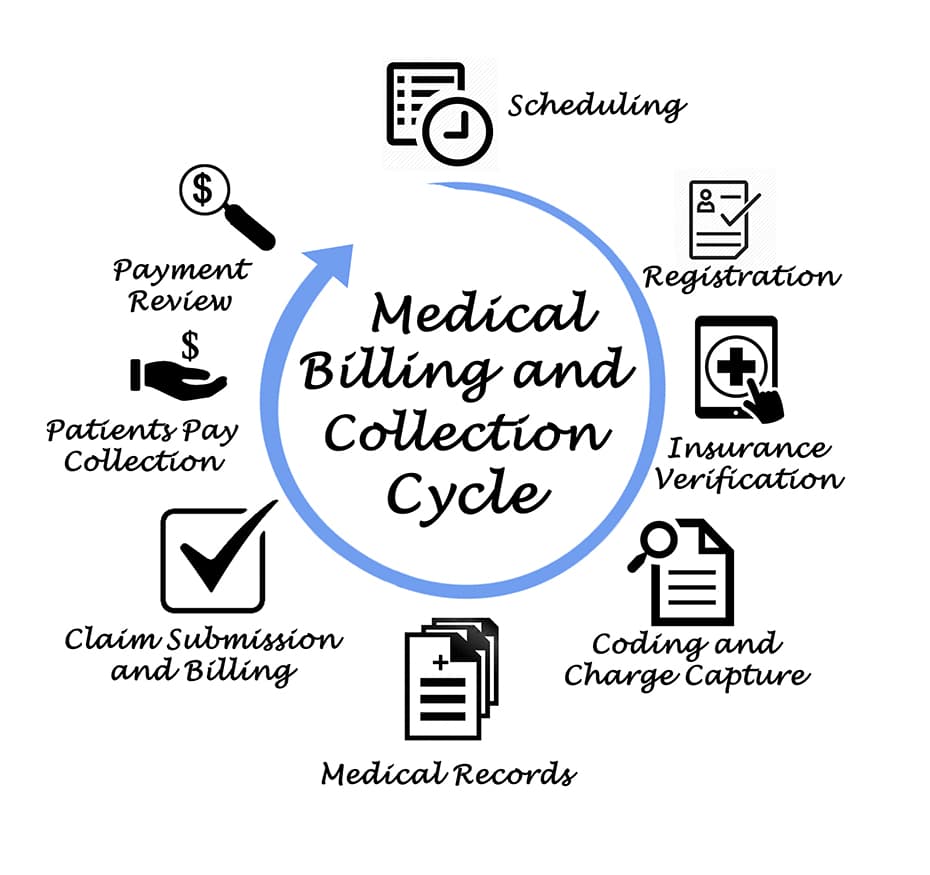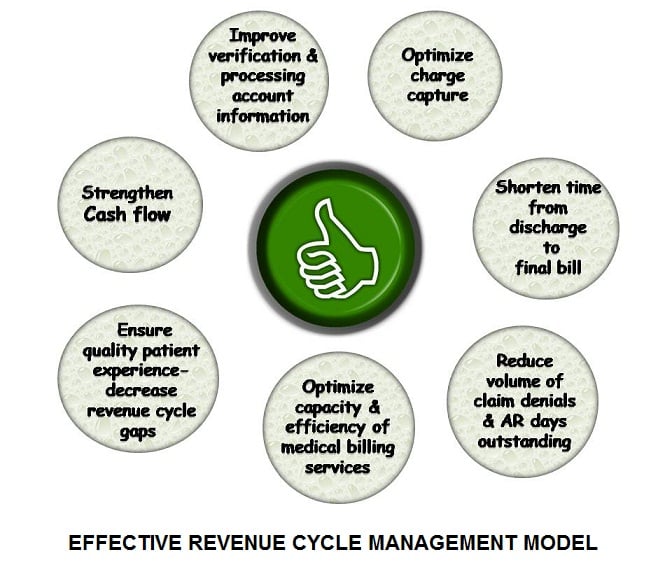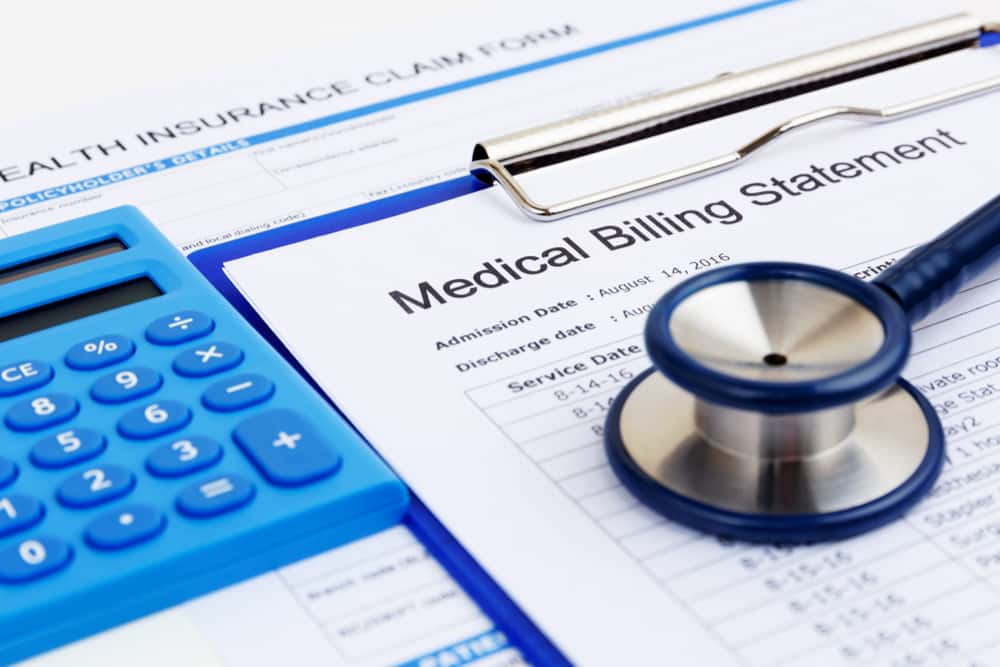In this article, you will learn about the distinction between medical billing and medical billing and coding. I will explain the roles of these two professions within the healthcare industry and highlight the specific tasks they involve. By the end of this article, you will have a clear understanding of the differences between medical billing and medical billing and coding, helping you make informed decisions when pursuing a career in healthcare administration. Medical billing and medical billing and coding are two related professions in the healthcare industry, but they have distinct differences in terms of job responsibilities and required skills. In this article, we will delve into the definitions and key responsibilities of both professions, discuss the necessary skills required, explore the job roles and responsibilities, and highlight the educational requirements. By the end of this article, you will have a clear understanding of the differences between medical billing and medical billing and coding.
Definition of Medical Billing
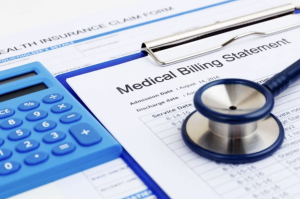
What is medical billing?
Medical billing refers to the process of submitting and following up on claims with health insurance companies in order to receive payment for healthcare services provided by a healthcare provider. It involves translating medical procedures, diagnoses, and treatments into codes that are recognized by insurance companies. Medical billers play a crucial role in ensuring that healthcare providers are reimbursed for the services they provide.
What are the key responsibilities of a medical biller?
The key responsibilities of a medical biller include:
- Accurately translating medical procedures, diagnoses, and treatments into standardized codes.
- Submitting claims to insurance companies electronically or by mail.
- Following up on submitted claims to ensure timely payment.
- Resolving any billing discrepancies or issues that may arise.
- Communicating with healthcare providers and insurance companies to clarify codes or gather additional information required for claims.
- Keeping up-to-date with changes in medical coding guidelines and insurance requirements.
- Maintaining patient and financial records in a confidential and organized manner.
Definition of Medical Billing and Coding
What is medical billing and coding?
Medical billing and coding is a combined profession that involves both the coding and billing aspects of healthcare services. It encompasses the translation of medical procedures, diagnoses, and treatments into codes, as well as the submission and follow-up of claims with insurance companies. Medical billers and coders handle the entire process, from coding the services provided to ensuring reimbursement.
What are the key responsibilities of a medical biller and coder?
The key responsibilities of a medical biller and coder include:
- Assigning accurate codes to medical procedures, diagnoses, and treatments using standardized coding systems such as ICD-10-CM and CPT.
- Reviewing patient records and documentation to ensure coding accuracy and completeness.
- Submitting claims to insurance companies electronically or by mail.
- Following up on submitted claims to ensure timely payment.
- Resolving any coding or billing discrepancies or issues that may arise.
- Communicating with healthcare providers and insurance companies to clarify codes or gather additional information required for claims.
- Keeping up-to-date with changes in medical coding guidelines and insurance requirements.
- Maintaining patient and financial records in a confidential and organized manner.
Skills Required for Medical Billing

What skills are necessary for a medical biller?
To excel in a medical billing role, you will need to possess the following skills:
- Proficiency in medical coding: A thorough understanding of medical coding systems such as ICD-10-CM and CPT is essential.
- Attention to detail: Accuracy is crucial when assigning codes and submitting claims to insurance companies.
- Knowledge of insurance billing: Familiarity with insurance billing processes and requirements is necessary to successfully navigate claim submissions.
- Communication skills: Effective communication with healthcare providers and insurance companies is essential to clarify codes and resolve any billing issues.
- Organizational skills: The ability to maintain and organize patient and financial records is important for efficient billing operations.
- Analytical skills: The ability to interpret medical records and identify relevant codes is crucial for accurate billing.
- Time management: Medical billers must prioritize tasks and meet deadlines to ensure timely claim submissions and follow-ups.
How to develop the required skills for medical billing?
To develop the necessary skills for medical billing, you can consider the following:
- Education and training programs: Enroll in medical billing courses or certification programs that cover medical coding, insurance billing, and related topics.
- Practical experience: Seek internships or entry-level positions in healthcare settings to gain hands-on experience in medical billing.
- Continuing education: Keep up-to-date with the latest coding guidelines and insurance requirements through continuing education courses and workshops.
- Certification: Obtain professional certifications such as Certified Professional Biller (CPB) or Certified Medical Reimbursement Specialist (CMRS) to enhance your credibility and marketability in the field.
Skills Required for Medical Billing and Coding

What skills are necessary for a medical biller and coder?
To excel in a medical billing and coding role, you will need to possess the skills mentioned earlier for both medical billing and medical coding.
How to develop the required skills for medical billing and coding?
To develop the necessary skills for medical billing and coding, you can follow the same steps mentioned earlier for medical billing. Obtain education and training in medical coding, gain practical experience, stay updated with coding guidelines, and consider obtaining professional certifications.
Job Roles and Responsibilities of a Medical Biller

What are the job roles of a medical biller?
The job roles of a medical biller typically involve:
- Coding medical procedures, diagnoses, and treatments.
- Submitting claims to insurance companies.
- Following up on submitted claims for payment.
- Resolving any billing issues or discrepancies.
- Maintaining patient and financial records.
What are the responsibilities of a medical biller?
The responsibilities of a medical biller include:
- Accurately assigning codes to medical procedures, diagnoses, and treatments.
- Submitting claims to insurance companies in a timely manner.
- Ensuring claims are reimbursed by following up and resolving any billing issues.
- Communicating effectively with healthcare providers and insurance companies to clarify codes or gather additional information for claims.
- Maintaining accurate and organized patient and financial records.
Job Roles and Responsibilities of a Medical Biller and Coder

What are the job roles of a medical biller and coder?
The job roles of a medical biller and coder typically involve:
- Coding medical procedures, diagnoses, and treatments.
- Submitting claims to insurance companies.
- Following up on submitted claims for payment.
- Resolving any coding or billing issues or discrepancies.
- Maintaining patient and financial records.
- Reviewing patient records and documentation for coding accuracy and completeness.
What are the responsibilities of a medical biller and coder?
The responsibilities of a medical biller and coder include:
- Accurately assigning codes to medical procedures, diagnoses, and treatments.
- Submitting claims to insurance companies in a timely manner.
- Ensuring claims are reimbursed by following up and resolving any coding or billing issues.
- Communicating effectively with healthcare providers and insurance companies to clarify codes or gather additional information for claims.
- Maintaining accurate and organized patient and financial records.
- Reviewing patient records and documentation to ensure coding accuracy and completeness.
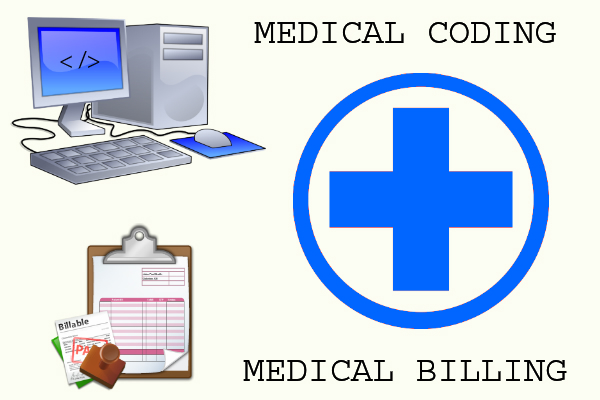
Key Differences Between Medical Billing and Medical Billing and Coding
In the world of healthcare administration, it’s essential to distinguish between medical billing and medical billing and coding. While both are crucial components of the revenue cycle, they serve distinct purposes and require different skill sets. Understanding these key differences is essential for healthcare professionals, whether they’re managing a medical practice or considering a career in healthcare administration.
What are the main differences between medical billing and medical billing and coding?
The main differences between medical billing and medical billing and coding lie in their scope of responsibilities. While medical billers focus primarily on submitting and following up on claims with insurance companies, medical billers and coders handle both the coding and billing aspects of healthcare services.
How do the job roles differ in medical billing and medical billing and coding?
In medical billing, the primary responsibility is the submission and follow-up of claims with insurance companies, resolving billing issues, and maintaining patient and financial records. In contrast, medical billers and coders have additional responsibilities such as accurately coding medical procedures, diagnoses, and treatments, reviewing patient records for coding accuracy, and ensuring complete documentation.
Educational Requirements for Medical Billing

What are the educational requirements for a career in medical billing?
While a formal degree is not always required, employers often prefer candidates with a postsecondary certification or degree in medical billing or a related field. Several vocational schools, colleges, and universities offer programs specifically designed for medical billing.
What degrees or certifications are necessary for becoming a medical biller?
To become a medical biller, you can consider obtaining certifications such as Certified Professional Biller (CPB) offered by the American Academy of Professional Coders (AAPC) or Certified Medical Reimbursement Specialist (CMRS) offered by the American Medical Billing Association (AMBA).
Conclusion
In conclusion, while both medical billing and medical billing and coding are essential aspects of the healthcare industry, they have distinct differences in terms of job responsibilities and required skills. Medical billing primarily focuses on the submission and follow-up of claims with insurance companies, while medical billing and coding encompass both the coding and billing aspects.
To excel in either profession, you must possess skills such as proficiency in medical coding, attention to detail, knowledge of insurance billing, effective communication, organizational skills, analytical skills, and time management. Developing these skills can be achieved through education and training programs, practical experience, continuing education, and obtaining professional certifications.
Both medical billing and medical billing and coding require individuals to maintain patient and financial records accurately, submit claims to insurance companies, and resolve any billing or coding issues. While a formal degree is not always required, employers often prefer candidates with postsecondary certifications or degrees in related fields.
Both professions are in high demand in the healthcare industry, and with the evolving healthcare landscape, the need for skilled medical billers and coders is expected to grow. Whether you choose a career in medical billing or medical billing and coding, you will play a vital role in ensuring healthcare providers receive appropriate reimbursement for the services they provide.
